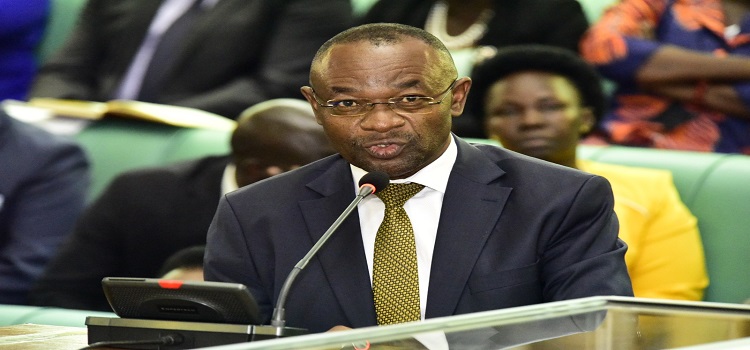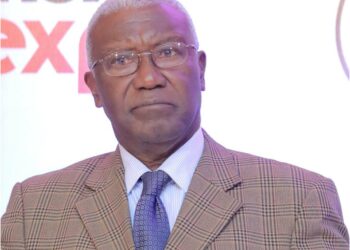In a decision that has sparked considerable debate and concern, the government’s move to extend the terms of local councils at both village and country levels has raised questions about the potential ramifications on democratic processes and governance stability.
During a press briefing held at the Uganda Media Center on Wednesday, Minister of Local Government Raphael Magyezi unveiled the decision, citing the imminent expiration of the current leadership terms in the Local Councils I (LCI) and Local Councils II (LCII). Magyezi emphasized the extension was deemed necessary to prevent a leadership vacuum, especially at the grassroots level, highlighting the potential adverse effects of such a void on local governance.
“Therefore, the country needs the local councils and cannot afford a vacuum in leadership at that level, at any moment in time. Government is committed to hold the elections of the Local Councils as soon as it is practicable and will inform the country of the programme and roadmap for the elections in due course,” he said.
In pursuant to regulation 11A (d) of the Local Government Councils Regulations, the Term of Office of Administrative Unit Councils (Local Council I and Local Council II) were expiring on 5th January 2024, however still the minister used the same law as amended, which empowers the Minister responsible for Local Governments to perform different function, among which include;
Extension of term of administrative unit councils, the law state that- The Minister may, by notice in the Gazette and in a newspaper of national circulation or other media, with the prior approval of the Cabinet, extend, renew, reinstate or validate the term of office of administrative unit councils from five years for a further period not exceeding one hundred and eighty days at a time, notwithstanding that the term may have expired where either the country is under Uganda is in a state of war; A state of emergency has been declared under the Constitution; or Any district or part of a district has been declared a disturbed area under the Constitution.
The decision, however, has ignited a wave of concerns among various stakeholders regarding its potential negative impacts.
One of the primary apprehensions revolves around the democratic deficit that this extension could engender. Critics argue that an extension without the mandate of fresh elections could potentially undermine the fundamental democratic principles by impeding citizens’ rights to choose their representatives at regular intervals.
Furthermore, there are growing concerns about the entrenchment of power. Prolonged terms without periodic re-elections might solidify existing power dynamics, impeding the infusion of new perspectives and innovative approaches within local governance structures.
Citizens and civil society groups have voiced worries regarding accountability. Lengthy terms might diminish the sense of responsibility among council members towards their constituents, raising doubts about their responsiveness to community needs and concerns.
Legal experts have also weighed in, highlighting the potential legal and constitutional implications of such an extension. Questions have arisen regarding the compliance of this decision with existing legal frameworks and constitutional provisions governing the duration of elected terms.
Moreover, there are fears that an elongated tenure might discourage potential candidates from participating in future electoral processes, shrinking the pool of potential leaders and diminishing the vibrancy of local governance.
While proponents of the extension argue that it ensures stability and prevents disruptions in service delivery, critics underscore the risks it poses to democratic principles, accountability, and the overall effectiveness of local governance structures.
As discussions and debates intensify surrounding the extended terms for local councils, the broader implications on Uganda’s democratic landscape and governance structure remain at the forefront of public discourse, prompting calls for careful consideration of these concerns.
Do you have a story in your community or an opinion to share with us: Email us at editorial@watchdoguganda.com













